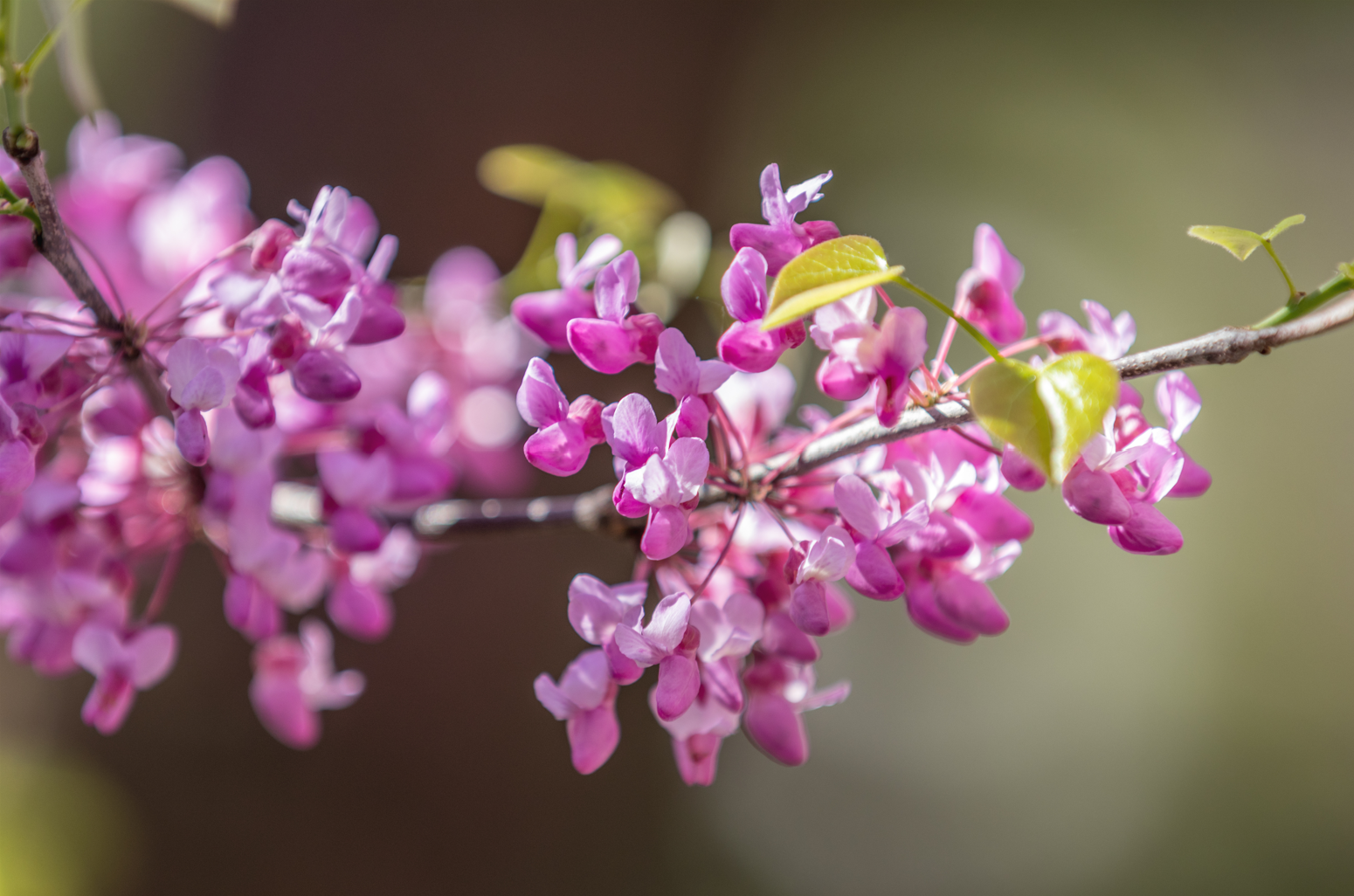By KATE GASKIN
After she died
the crocuses bloomed
and the purple phlox.
The daffodils bloomed
and the snowdrops.
The star magnolias bloomed
and the forsythia.
The crab apples bloomed
and the redbuds.
The jewelweed bloomed
and the wild stonecrop.
The rue anemone bloomed
and the oxeye daisy.
The bindweed bloomed
and the blue-eyed grass.
The grape hyacinth bloomed
and the chickweed.
The purple deadnettle bloomed
and the tickseed and the bloodroot
and the spring air
was thawed ice
and crushed petals and powdered sex
and I walked through it slantly,
stutteringly, as if driven forth by
a nightmare, seeing everything
through the new prism
of the sudden and horrible
dream logic of my life.
Kate Gaskin is the author of Forever War, winner of the Pamet River Prize. Her poems have appeared in The American Poetry Review, The Southern Review, and Ploughshares, among other journals. She has received support from the Sewanee Writers’ Conference and the Vermont Studio Center.




